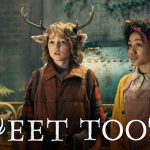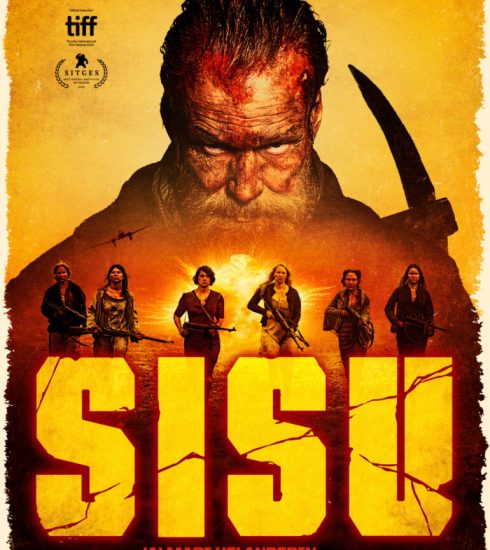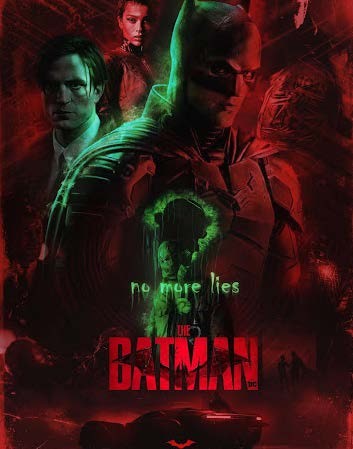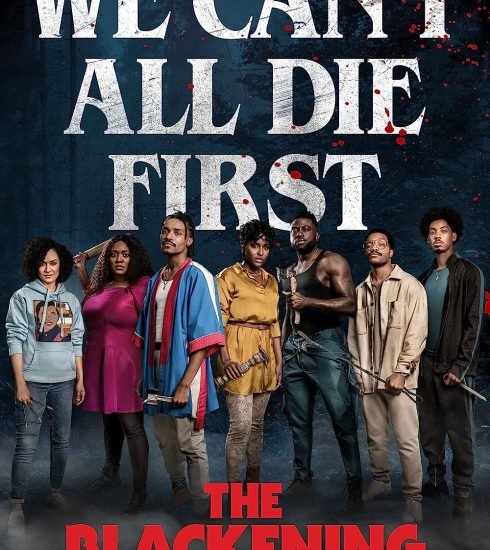Movie Review: The Super Mario Bros. Movie
Mario is the most easily recognizable video game character in the world. He’s also a blank slate intended for the player to project themselves onto. While the worlds that he visits are imaginative and unique, practically bursting at the seams with zany ideas and creative enemy designs, Mario himself isn’t allowed any of those eccentricities outside of the occasionally goofy outfit that he dons and the odd noises that he fires off.
And yet, having a blank slate for a protagonist works perfectly fine in the context of an action-adventure video game where the draw is the gameplay, which, if anything, helps keep the focus squarely on having a lot of fun, which is the primary aim of the Super Mario Bros. games anyway. Aaron Horvath and Michael Jelenic’s The Super Mario Bros. Movie, though, advances that governing principle to largely flavorless ends, refusing to do anything original or all that interesting with the gaming icon. The order of the day here is cheap fan service. There’s some minor exposition at the start of the film about how Mario (Chris Pratt) and his brother, Luigi (Charlie Day), feel unloved by their father and wish to prove their self-worth, which leads them to finding a warp pipe while out on a job and eventually landing in the Mushroom Kingdom.
Once dropped into Princess Peach’s (Anya Taylor-Joy) domain, it’s full steam ahead, for better and worse. While there’s an impressively breathless momentum to the film, it barrels toward its set pieces with little regard for establishing much in the way of emotional stakes, unless you consider beating Bowser (Jack Black) and saving Luigi from his clutches to be the pinnacle of conflict resolution.
Far too often, The Super Mario Bros. Movie feels like it’s simply content to check off to-do notes
and scratch the viewer’s nostalgia itch. That is, the film is a series of Easter eggs in search
of a story. Mario flies with the Tanooki Suit at one point for no reason other than the famed
power-up is thrown his way; the obligatory joke is made about “our Princess” being “in another
castle”; and all the heroes race go-karts on Rainbow Road at one point. Luckily, the film’s voice cast acquits themselves well. Pratt’s voice work as Mario is cheerful and accurate to the video games, while Black is having a lot of fun as Bowser, Mario and Luigi’s evil comic foil, who, as in the original Super Mario Odyssey, has marriage on the brain (he even rocks the same white top hat that he did in that game).
In keeping with some sense of established modern-day canon, Peach, in opposition to her damsel-in-distress origins and more in line with the free-spirited glow-up she was given in Super Mario
Odyssey, gets to outshine Mario at nearly every turn. And it’s a vaguely feminist angle that Taylor-Joy revels in. Sadly, Luigi gets the short end of the stick here. Since he mostly exists as a second fiddle to his brother in the games, he’s always been allocated the greatest amount of wiggle room in terms of how he operates within the context of one Mario’s adventures. But
here he’s closer in spirit to the Luigi of Luigi’s Mansion: as a total scaredy-cat in need of
constant saving, and Charlie Day really leans into his typical antic, high-pitched shtick that
he honed during his days on It’s Always Sunny in Philadelphia.
The film, then, does relatively little to justify its existence outside of serving as a brand
extension. It’s bright, bounces from one nostalgia-soaked moment to the next, and is meticulously designed to be as inoffensive as possible. But while presenting the long-standing characters of the Super Mario Bros. universe in the most innocuous light imaginable may please shareholders, given the innovative design of many a Super Mario Bros. game, would it have been too much for
the film’s story to be a little more, well, super? obsessed doctor is revealed to have lobotomized a talking crocodile.
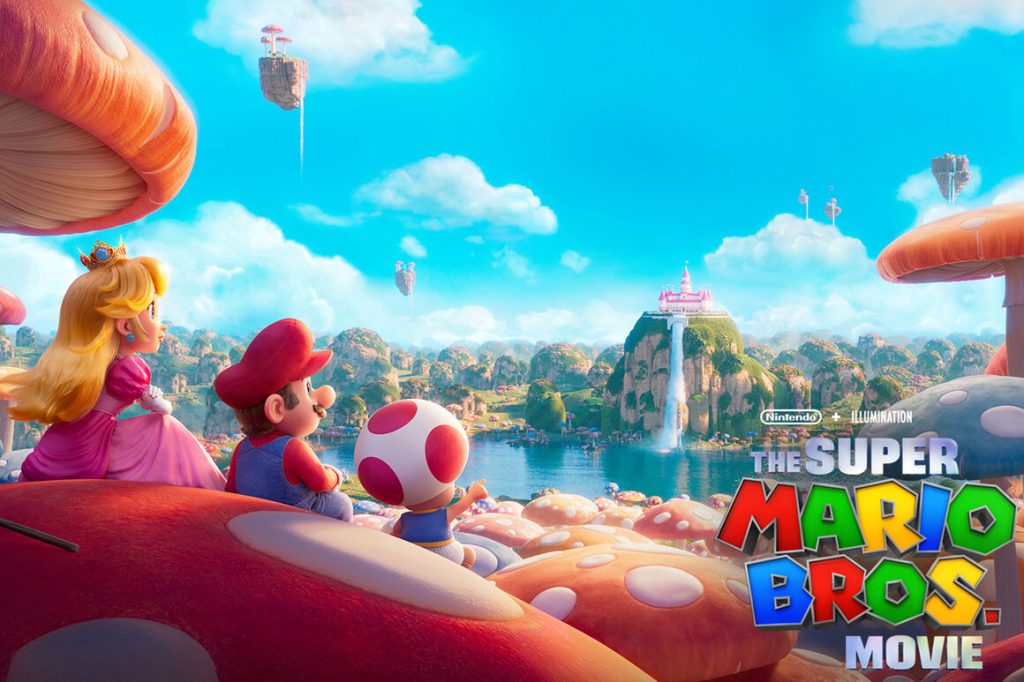
He then uses the victim’s brain tissue to create a potential antidote for a deadly virus (albeit off-screen). Try explaining that to your curious seven-year-old. The bleaker atmosphere is justified given that Gus is now a prisoner of crazed fascists, the Last Men. They are led by the evil General Abbot (Neil Sandilands). The Last Men are (not unreasonably) fixated on finding a cure for the H5G9 virus that ravaged mankind and created a generation of children with animal features.
The general assumption is these mutant kids – Gus included – spread the virus. And so they are hunted down remorselessly. Abbot, however, suspects the children’s DNA can be used to fight the plague. He has, to that end, forced Doctor Singh (Adeel Akhtar) to experiment on a group of imprisoned hybrids. They include not only Gus but a child who looks like an elephant and a girl with a pig-like nose. The success of recent HBO blockbuster The Last of Us confirmed Covid hasn’t put audiences off fictional pandemics.
Of course, Sweet Tooth had already demonstrated that point when it was a medium-sized hit for Netflix two years ago. Series two may be darker, as already pointed out. But it’s brisk and big-hearted, too.
Rating: 6/10
Boluwatife Adesina is a media writer and the helmer of the Downtown Review page. He’s probably in a cinema near you.



